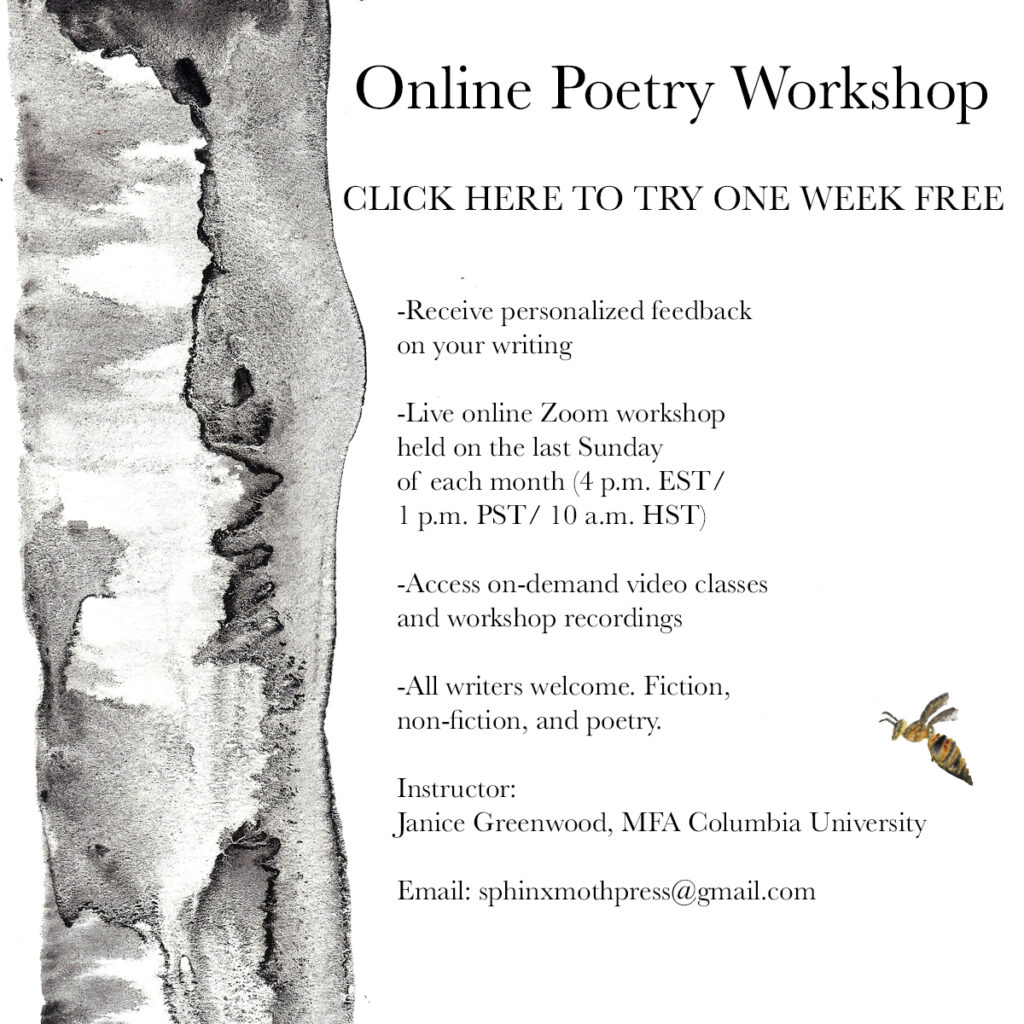I suppose the 1968 equivalent to being rejected from every college one has applied to, is Joan Didion’s essay “On Being Unchosen by the College of One’s Choice.” It is easy to forget that when Didion applied to college, there was hardly the idea of “first, second, and third choices.” There was just one choice: the college of one’s choice. The essay “On Being Unchosen by the College of One’s Choice” is Didion’s beautiful essay from her latest book, Let Me Tell You What I Mean.
A child of seventeen or eighteen has hardly had the chance to experience a great deal of rejection or true failure (though given the advent of social media, I might have to revise this statement), and for many young people the college rejection will be their first true encounter with failure and disappointment.
At any stage of life, how one handles failure defines one’s character, but how we handle rejection when we are young is even more important. It sets the template for how we’ll handle failures going forward. Do we try harder as a result, or sink into a state of learned helplessness? Do we develop grit? Do we remember that, as the great film director Werner Herzog once said, “Things rarely happen overnight?”
Being rejected from the college of one’s choice or even being rejected from every college doesn’t need to be the end of the story. I know of people who went to community college, got straight As, and transferred to Harvard.
When I was applying to colleges as a high school student, I came pretty close to being rejected from every college to which I applied: my high school record was hardly stellar, though I’d later go on to get virtually straight As in university (see, there’s always hope for an academic comeback!). I was rejected from every college to which I applied out of high school, but was accepted to two alternative programs: the summer program at the University of Florida and a special program at NYU. Actually, I didn’t have the grades for NYU, but the dean liked my admissions essay (this was before the days of college essay consultants); he wanted to give me a chance. I couldn’t afford NYU, so it was off to the University of Florida for me.
Being rejected from almost every university to which I’d applied didn’t discourage me. Instead, it helped me to see firsthand the gap that had formed between the person I wanted to be (someone who could get accepted to universities) and the person I was (a middle-grade high school student). Not being able to afford NYU and attending the University of Florida put me in the mood for redemption. From the day I walked through the doors of the University of Florida, I was determined to get straight As (I missed the mark with one B, in a math class), and was determined not only to attend graduate school in creative writing, but to get into Columbia University’s program in creative writing. I put a picture of the Columbia University libraries on the ceiling, over my bed, so when I woke up every morning I’d see it and know what I was working for.

As I write these words I know I also speak from a place of immense privilege. No one in my family had a particular interest or stake in where I went to university or college. Neither of my parents had graduated from college or university, and therefore saw no personal commentary on their own fitness as parents by my rejection from this or that college. In fact, the way my father approached college was with a kind of trepidation and warning: it’s okay if you fail; college is hard. (He’d tried to study computer science at the local community college when I was an infant and the combination of caring for a small child at home and the lack of academic support resulted in him dropping out after just one class.) For my mother’s part, she wanted me to have nothing to do with college. She wanted me to stay in Miami, get married, and have lots of babies. Like Didion, my sense of failure at being rejected from this or that college was my own, and not my parents’. Like Didion’s situation “Their idea of their own and my worth remained independent of where, or even if, I went to college.” When Didion tells her father that she has been rejected by Stanford, he offers her a drink. When I told my father that I’d been rejected from the University of Florida (initially, and then later accepted by the summer program thanks to a kind guidance counselor to whom I owe my life), he told me not to worry about it, that they were a bunch of “good ole boys” anyway. Well.
The fact that all my friends got accepted to the University of Florida in the first round didn’t help me feel any better.
Didion writes that the college admission experience is much more difficult for children now (when Didion wrote the essay, now was 1968). Now, the real now, 2021 now, it is even worse. Didion writes about children “whose lives from the age of two or three are a series of perilously programmed steps.” She writes about parents trying to get their children into elite Kindergartens. When I lived in Canada, I worked as a tutor, helping high school students with their college admissions applications, and witnessed firsthand the impossible pressures put on teenagers and children far younger to do everything perfectly and to achieve goals that are increasingly becoming more elusive as competition grows. I worry deeply for the children whose rejections today are very public, and made further painful not only for the private felt disappointment, but also for the sometimes very vocal disappointment of parents who had merged “their children’s chances with their own, demanding of a child that he make good not only for himself but for the greater glory of his father and mother” to quote Didion.
College has become its own form of conspicuous consumption. A child attending Yale is not just a child attending Yale, but the parents’ earned right to put the Yale bumper sticker on the car and wear the sweater. Didion writes that “none of it matters very much at all, none of these early successes, early failures.” In our hyper-competitive late capitalist society of 2021, I don’t know if this is entirely true. Though I grew up in a low-income family (my parents slept on a bed in the living room most of my childhood and I got free and reduced lunch most years I attended school), I think it did make a big difference that I was able to go to school, and graduate school at Columbia University. For the poorest children, admission to an elite school or even a state school can be a real ticket to true social mobility. For the wealthiest children, I think Didion is right. It hardly matters at all. Parental connections at this or that firm, or a good word for the right internship or out-of-college job can make much more of a difference then where one attended school. Sure, the brand from an elite institution can’t hurt, but nets of privilege extend far wider than the alumni pool.
So what are you to do if you’ve been rejected from every college?
If you’ve gotten rejected from every college, I still think Didion’s advice is good. She went to a junior college and earned the credits she needed to transfer to university. If you didn’t quite make it out of high school, that’s okay. Go to the community college and get straight As. Or maybe try another unscripted path. Go to a coding school, graduate in a few months, and make six figures. Get a job, save money for a year, and start your own business, or make your own movie, or write your book. Werner Herzog actively encourages aspiring filmmakers to make films instead of going to film school. Take a year off. Who knows what greater lessons you’ll learn.

About the Writer
Janice Greenwood is a writer, surfer, and poet. She holds an M.F.A. in poetry and creative writing from Columbia University.
